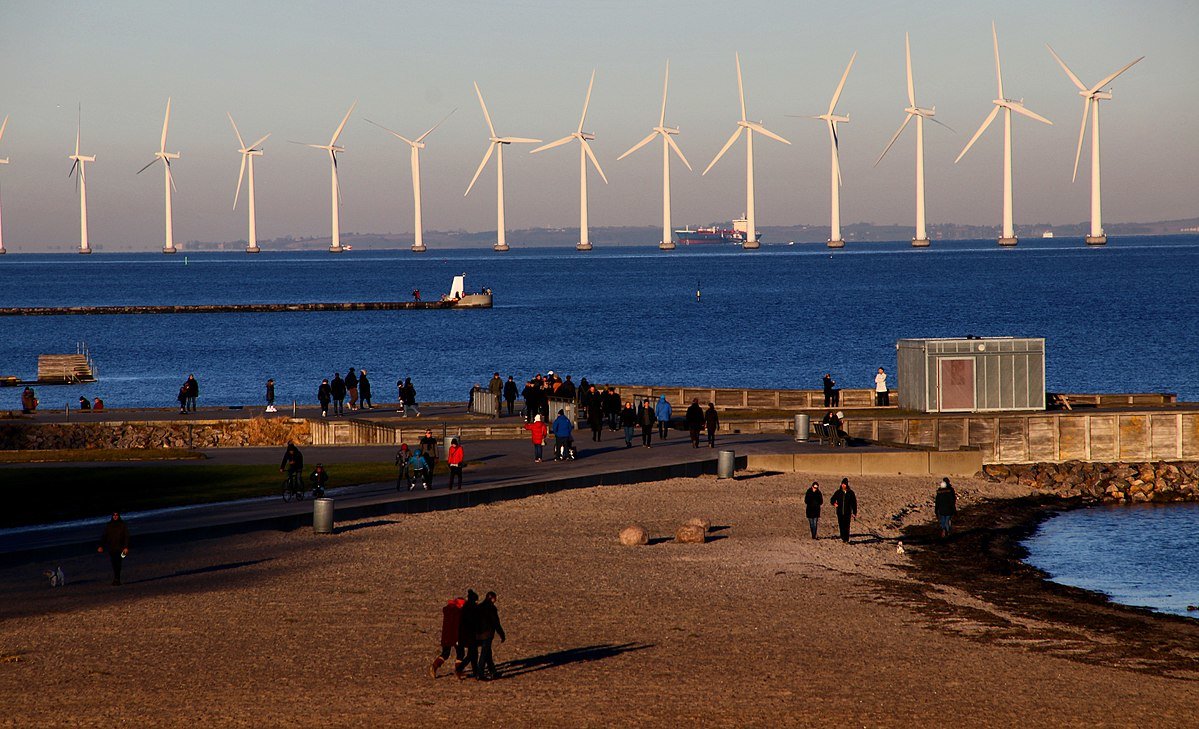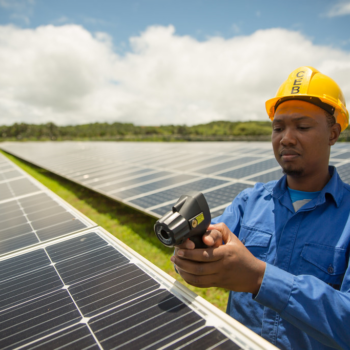Watch the recording
Event summary
This online public event co-hosted by E3G and National Grid, brought together industry and government to discuss how EU-UK collaborative action can help deliver on 2030 offshore wind targets and what is needed to accelerate progress in the North Seas region and beyond.
Participants agreed there is wide appreciation of the benefits of cooperation on offshore wind on the way to Net Zero. Not only does joint and optimized identification of infrastructure needs save costs and reduce environmental impacts – common projects also allow for national energy systems to complement each other and contribute greatly to security of energy supply. While we need EU-UK cooperation as well as cooperation within the EU around the North Seas to intensify, it is important to note that offshore wind cooperation is not only a topic for the North-West of Europe, but has implications for the Mediterranean, Baltics and beyond. Ensuring political buy-in and emphasizing the benefits for the whole of EU could help us move faster on some of the regulatory obstacles faced by existing projects.
Time as scarcest resource. There is a tension between the need for radical reforms of regulatory rules for cooperation and competition and the pace by which we need to deliver. To remain on track, we must find a way through those uncertainties (around regulation, demand, technology). Permitting needs to be accelerated as we move forward – but in parallel, it is crucial we look at how to jointly plan the future, integrated grid.
Advanced technology allows us to move electricity flexibly across and between borders (e.g. hybrid and multi-purpose interconnectors). The role of pathfinder projects is important to get us going and explore new ways of doing business – they should however be paralleled by a regulatory reform and backed by a political push in the context of long-term objectives. An outcome-based policy goal on pathfinder projects would be helpful to make sure offshore wind is on track and we don’t get stuck in the regulatory details. The regulatory reforms will however need to be in place by the second half of the 2020s.
While we need cooperation to intensify, we don’t have an ideal venue to promote this cooperation. We should therefore take the opportunity to consider building a stronger ecosystem of actors around the (North Seas) offshore conversation to include a diverse range of interests (specialist interests like other marine uses & onshore interests, but also “generalist” interests, e.g. via parliamentarians) that would allow a collaborative design of the offshore space.
Reducing objections to onshore infrastructure and managing conflicts between marine uses can be a major political benefit sometimes underestimated in the energy transition conversation, able to unblock political action.
Speakers included:
- Eamon Ryan, Minister for Environment, Climate, Communications and Transport, Ireland
- Dan Monzani, Director at BEIS, UK
- Morten Helveg Petersen, Member of the European Parliament
- Martin Finucane, Principal Officer, DECC, Ireland
- Nicola Medalova, Managing Director for Interconnectors, National Grid
- Ane Mette Lysbech, Head of Market Development & Wind Farm Design, Vattenfall
- Jan-Paul Dijckmans, Director for Strategy and Partnership, TenneT.



